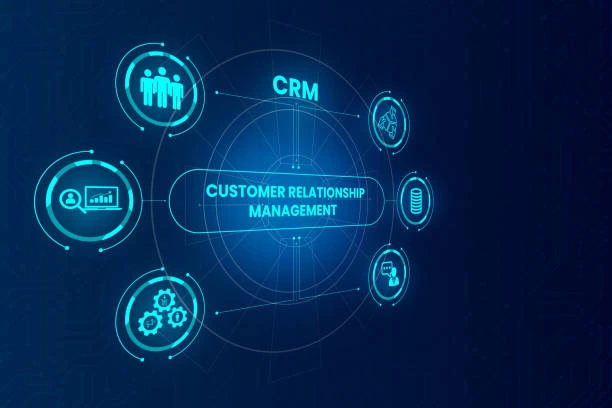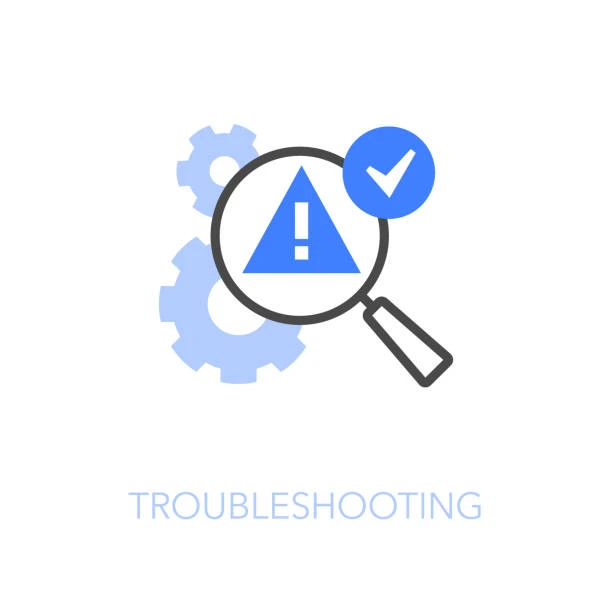Course Overview
Customer relationship management or CRM is a way to manage an organisation’s interaction with its current and potential customers. CRM utilises data analysis about the customers’ history with an organisation to enhance business relationships with customers, mainly focusing on customer retention and eventually driving sales growth.
An essential aspect of the Customer relationship management approach is the systems of CRM that gather data from a range of diverse communication channels, including over the phone, a company’s website, live chat, email, marketing materials and social media. Through the Customer relationship management plan and the systems used to aid it, organisations learn more about their target customers and how to best cater to their needs.
A company is able to cater the needs and demands of new and loyal customers through customer relationship management (CRM). This approach consists of several analyses and strategies that delve deep into the activities of the customer with the company. Through CRM technology, companies become successful in satisfying their customers.
Duration
5 Days
Who Should Attend?
- Sales representatives
- Marketing professionals
- Customer service representatives
- Business development managers
- IT professionals
- Anyone involved in customer interaction and relationship management
Course Objectives:
By the end of this course, participants will:
- Understand the key components and benefits of CRM systems
- Evaluate and select the right CRM system for their organization
- Implement a CRM system effectively
- Customize and configure a CRM system to meet specific business needs
- Utilize CRM features for sales, marketing, and customer service
- Measure and analyze CRM performance
Course Modules:
Module 1: Introduction to CRM Systems
- Defining CRM and its importance
- Benefits of using a CRM system
- Key components of a CRM system (e.g., sales force automation, marketing automation, customer service)
- CRM system selection criteria
Module 2: CRM Implementation and Configuration
- Planning and preparing for CRM implementation
- Data migration and cleansing
- User training and adoption
- Customizing CRM workflows and processes
- Integrating CRM with other systems (e.g., email, phone)
Module 3: Sales Force Automation
- Lead management and qualification
- Opportunity management and pipeline tracking
- Sales forecasting and reporting
- Sales team collaboration and communication
Module 4: Marketing Automation
- Contact management and segmentation
- Email marketing campaigns
- Social media integration
- Lead scoring and nurturing
Module 5: Customer Service and Support
- Case management and ticketing system
- Knowledge base and self-service options
- Customer satisfaction surveys and feedback
- Omnichannel customer support
Module 6: CRM Analytics and Reporting
- Key performance indicators (KPIs) for CRM
- Data analysis and reporting
- Measuring ROI of CRM investments
- Identifying areas for improvement
Customized Training
This training can be tailored to your institution needs and delivered at a location of your choice upon request.
Requirements
Participants need to be proficient in English.
Training Fee
The fee covers tuition, training materials, refreshments, lunch, and study visits. Participants are responsible for their own travel, visa, insurance, and personal expenses.
Certification
A certificate from Ideal Sense & Workplace Solutions is awarded upon successful completion.
Accommodation
Accommodation can be arranged upon request. Contact via email for reservations.
Payment
Payment should be made before the training starts, with proof of payment sent to outreach@idealsense.org.
For further inquiries, please contact us on details below:






